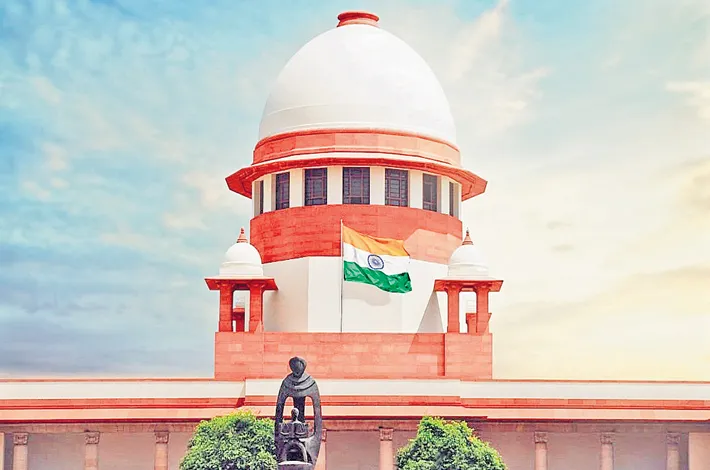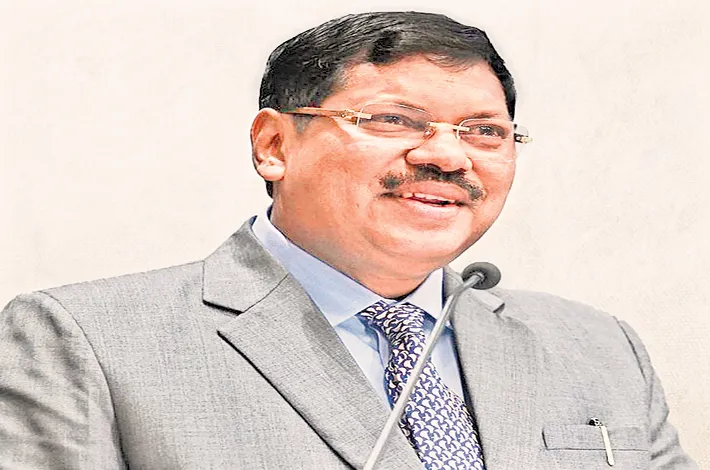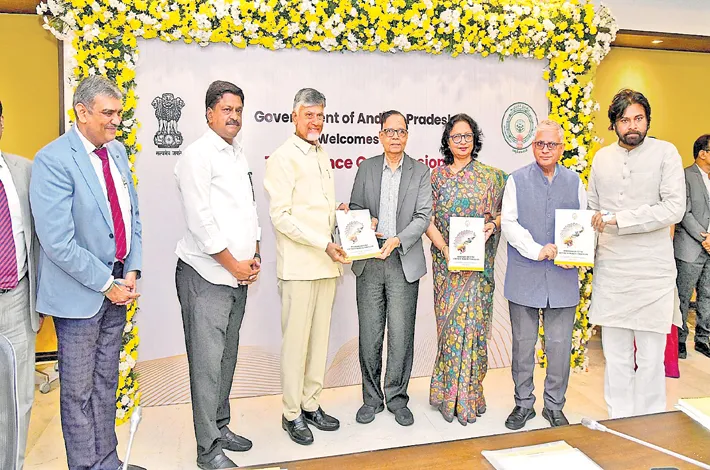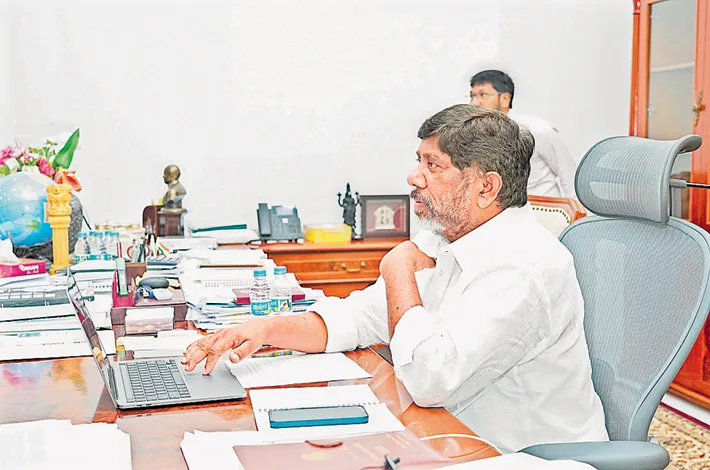The Importance of Forgiveness in Life
08-04-2025 12:00:00 AM

Forgiveness is one of the most profound and transformative acts a person can undertake. It is not merely a gesture of goodwill toward someone who has wronged us; it is a deeply personal process that liberates the forgiver as much as, if not more than, the forgiven. In a world often marked by conflict, resentment, and division, forgiveness stands as a beacon of hope—a way to heal wounds, rebuild relationships, and foster inner peace. Its importance in life cannot be overstated, as it touches every aspect of human existence, from mental and physical health to social harmony and spiritual growth.
At its core, forgiveness is about letting go. When someone hurts us—whether through betrayal, harsh words, or deliberate harm—it’s natural to feel anger, pain, or even a desire for revenge. These emotions, while valid, can become a heavy burden if held onto for too long. Resentment festers like an untreated wound, poisoning our thoughts and coloring our interactions with others. Studies have shown that harboring grudges increases stress, raises blood pressure, and contributes to anxiety and depression. Forgiveness, by contrast, acts as a release valve. It doesn’t erase the past or excuse the wrong, but it allows us to move forward unencumbered by bitterness.
The psychological benefits of forgiveness are well-documented. Researchers have found was that individuals who practice forgiveness experience lower levels of cortisol, the stress hormone, and report higher levels of life satisfaction. It’s not about denying justice or pretending the hurt never happened; it’s about reclaiming agency over our emotional well-being. When we forgive, we take back the power that the offense once held over us. This shift in perspective can be life-changing, enabling us to break free from the cycle of victimhood and embrace a more resilient, optimistic outlook.
Beyond its impact on the individual, forgiveness plays a vital role in relationships. No human connection—be it between friends, family, or partners—is immune to conflict. Misunderstandings, mistakes, and moments of weakness are inevitable. Without forgiveness, these ruptures can become permanent, eroding trust and intimacy over time. Yet when we choose to forgive, we open the door to reconciliation and renewal. This doesn’t mean ignoring boundaries or tolerating repeated harm; rather, it’s an acknowledgment that imperfection is part of being human. A relationship tempered by forgiveness often emerges stronger, built on a foundation of mutual understanding and grace.
Forgiveness also has a ripple effect that extends into society. History is replete with examples of cycles of vengeance—feuds between families, wars between nations—that perpetuate suffering across generations. Yet there are also stories of forgiveness breaking those cycles. Consider the post-apartheid Truth and Reconciliation Commission in South Africa, where victims and perpetrators faced each other not with weapons but with words, seeking healing over retribution. Such acts of collective forgiveness demonstrate that peace is possible even in the wake of profound injustice. On a smaller scale, when we forgive in our own lives, we model compassion and empathy, inspiring others to do the same.
Spiritually, forgiveness is a cornerstone of many traditions. In Christianity, it’s embodied in the Lord’s Prayer: “Forgive us our trespasses, as we forgive those who trespass against us.” Buddhism emphasizes letting go of anger to achieve enlightenment, while Islam teaches that Allah is merciful to those who show mercy. These teachings underscore a universal truth: forgiveness aligns us with something greater than ourselves. It’s an act of humility, a recognition that we, too, are flawed and in need of grace. Whether one is religious or not, this spiritual dimension of forgiveness offers a sense of purpose and connection to the human experience.
Of course, forgiveness is not always easy. It’s a process that can take time, introspection, and even courage. Some wrongs feel unforgivable—acts of violence, betrayal, or cruelty that leave deep scars. In these cases, forgiveness doesn’t mean condoning the act or reconciling with the offender. It might simply mean releasing the hold that the pain has on our lives, choosing not to let it define us. This distinction is crucial: forgiveness is not weakness or capitulation; it’s a deliberate, powerful choice to prioritize healing over hate.
Critics might argue that forgiveness lets wrongdoers off the hook, undermining accountability. But forgiveness and justice are not mutually exclusive. Holding someone accountable—through consequences or restitution—can coexist with letting go of personal animosity. The key is to separate the act from the actor, recognizing that people are more than their worst moments. This nuanced approach allows us to uphold our values while still embracing the freedom that forgiveness brings.
In the end, the importance of forgiveness lies in its capacity to transform. It turns pain into growth, conflict into understanding, and isolation into connection. It’s a gift we give ourselves as much as others—a way to live more fully in the present rather than being tethered to the past. As the poet Alexander Pope famously wrote, “To err is human, to forgive, divine.” In practicing forgiveness, we tap into that divine spark within us, creating a life richer in meaning, peace, and possibility.








